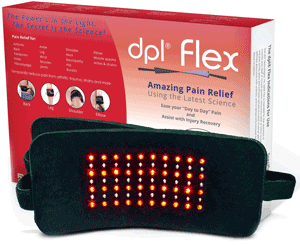How many of us are inclined to think that oily skin is only for teenagers? Wrong. Oily skin, especially the kind that gives way to acne, can affect anyone at any time, regardless of your age or how long you have gone through life without experiencing acne, either as a teenager or an adult.
Causes of Oily Skin
More often than not, that glistening sheen on your face – most notably your forehead and around your nose – is not from breaking a sweat. That is the substance known as sebum, the waxy oil secreted in various parts of your body that is supposed to act as a lubricant. If your face is partial to sheen, you can thank your sebaceous glands for their overproduction (thanks, sebaceous glands! Not!) The more oil you have on your skin, the more susceptible your face is to clogged pores, which in turn can give you that facial acne you thought you got rid of when you exited your teenage years.
While there is research to prove that an overproduction of sebum on the body is genetic, there are also other factors which give rise to this problem. It could be the type of face soap you are using, the fact that you are not moisturizing, or it could be that you are not getting enough Vitamin D. That’s right! The vitamin that we most associate with the sun can be a crucial part in decreasing the amount of oil on your face and working to eliminate acne.
More Time in the Sun? Not Really.
If you have oily skin, the remedy is not to spend more time in the sun. Taking a Vitamin D supplement is one of the best things you can do to curb the production of sebum on your face, thereby reducing your chance of developing adult acne. How does it work, you ask? When the body feels as though it is not getting enough Vitamin D, it starts to produce oil to make up for that deficiency, and that gets the cycle going. This is the reason why people who are Vitamin D deficient typically have inflammation of the skin or acne: their body is trying to make up for the deficit.
Inflammation of the skin is also another common cause of irritated, acne-ridden skin. Vitamin D works to curb that inflammation. Be warned: many people who have supplemented their diets with a Vitamin D pill have reported an excess of oil on their faces within the first week of taking the pill. This might be due to the body’s reaction to the new amount, but after that first week, your body is better able to regulate the presence of the Vitamin, and it will have your skin looking clear and virtually oil-free.
Other Sources of Vitamin D
If a supplement or a pill is not your thing, you can easily amp up the amount of Vitamin D in your diet. Fish such as mackerel, salmon, tuna, and sardines are the notable sources of Vitamin D, alongside dairy products such as raw milk and eggs. Mushrooms, almonds, and grains such as cereals and oats are also viable sources. And of course, you can always spend time in the sun, provided you’re protecting yourself against the UV rays!


